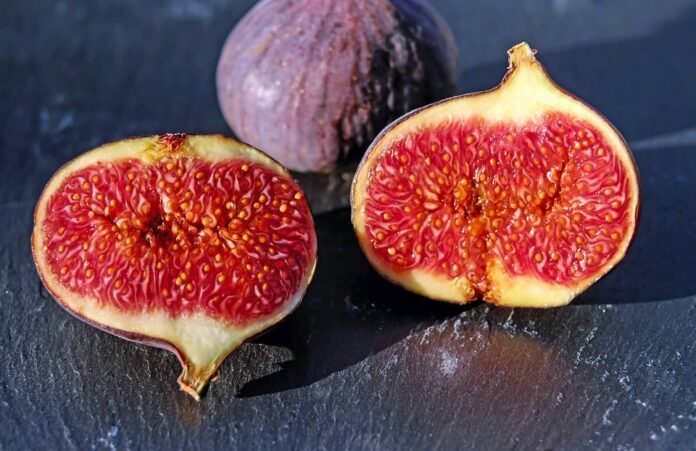The medicinal properties of the fig are described in the first Quraanic words of sura al Teen, where the Quraan proclaims, “I swear by the Fig and the Olive” (Sura no. 95: verse no. 1). The fig plant is one of only five plants mentioned in the Quran, along with olives, grapes, pomegranate, and dates. A fig-related incident is reported in Hadith literature: According to Abu Darda, the prophet Mohammed (God’s blessing and peace be upon him) received figs and began to give them to his followers. “Eat it because it cures a variety of ailments,” he said. According to Ibn Seereen, a scholar in the science of dreams, seeing figs in your dreams represents money and success.
Figs are high in dietary fibre and magnesium, as well as potassium.
Figs are high in vitamins A, B, and C and low in calories, with about 50 calories in each serving.
Imam Jafar Assadiq recommends eating figs to get rid of bad breath.
One large raw fig contains 77.5 percent water, 8 grammes of protein, 2 grammes of fat, 23 milligrammes of calcium, 4 milligrammes of iron, 50 international units of vitamin A, 2.1 grammes of dietary fibre, 3.8 milligrammes of foliate, 3 milligrammes of niacin, and 1 milligrammes of vitamin C.


